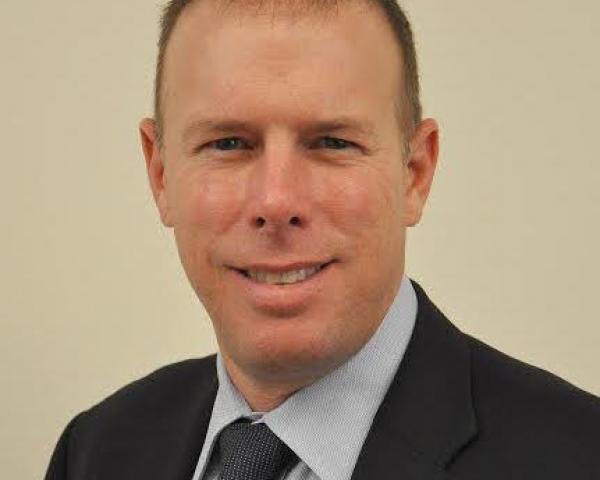With headlines about catastrophic and historic storms driving increased interest in flood insurance, the emerging private flood insurance market – an alternative to coverage through the National Flood Insurance Program (NFIP) – is increasingly attractive to homeowners. As realtors guide their clients through the home buying process, here is some basic information that clients need to know about this new option:
Q: What is private flood insurance, and what does it cover?
A: Private flood insurance is a risk management tool backed by global capital markets that provides financial protection for buildings and personal property damaged by floods, helping families, communities and businesses to recover from these devastating events.
Q: What are the differences between an NFIP and private policy?
A: There are two primary differences between an NFIP and private policy: regulatory authority and source of capital.
The biggest misconception with private flood insurance is that the NFIP is regulated and that private isn’t. Private flood insurance is heavily regulated and falls under the jurisdiction of state insurance regulators – just like homeowners, hurricane and auto insurance. While these state-based insurance regulations are separate from the federal regime that regulates the NFIP, the level of consumer protection and oversight is comparable.
The second difference is who’s bearing the risk of loss. With an NFIP policy, FEMA holds all program risk, with U.S. taxpayers serving as the ultimate backstop. With private flood insurance, independent insurance companies bear the risk of loss. As a result, these companies cannot accept any risk in any location and must be more discerning with respect to underwriting, coverage and price. While private insurers cannot be all things to all people, this disciplined and thoughtful approach means these insurers can deliver a sustainable and valuable product to homeowners.
See also: Here Is How to Make Flood Insurance Work
Q: How can a private policy work in tandem with an NFIP policy?
A: A private policy can act as either an alternative or a complement to an NFIP policy. Private policies equip agents with customizable options that can cater to individual homeowners’ needs, allowing insurance agents to craft solutions that ultimately protect more people from floods.
Private policies can also complement an NFIP policy. If you have a policy through the NFIP, you can purchase private insurance to increase the limits of your coverage. Private insurance is also available to expand coverage, such as adding protection for contents in a basement or the expense to clean out a swimming pool.
Q: Who qualifies for private flood insurance, and how does it work?
A: The NFIP is essentially a one-size-fits-all policy available to almost every person in all geographies. However, homeowners aren’t all the same. That’s the beauty of private insurance programs – they’re different programs offering different value propositions to different people, like high-net-worth homeowners or renters.
Q: What is/isn’t covered by a homeowner’s policy when it comes to a flood?
A: Generally speaking, most homeowners’ policies exclude flood losses completely. A homeowners’ policy may cover water damage from broken pipes or sump pumps, but most exclude loss from inundation, whether resulting from swollen rivers, storm surge or intense rainfall.
The flood insurance industry is rapidly changing, and there are new opportunities coming online every day. Every realtor should take time to understand these new options. In most situations, the home is the family’s most valuable investment. Wherever it rains, it can flood, so take time to consider solutions that can protect these treasured investments from catastrophe.
See also: Emerging Market for Flood Insurance
This article is provided for general informational purposes only and is not intended to provide individualized business, insurance or legal advice. You should discuss your individual circumstances thoroughly with your legal and other advisers before taking any action with regard to the subject matter of this article. Only the relevant insurance policy provides actual terms, coverages, amounts, conditions and exclusions for an insured.

